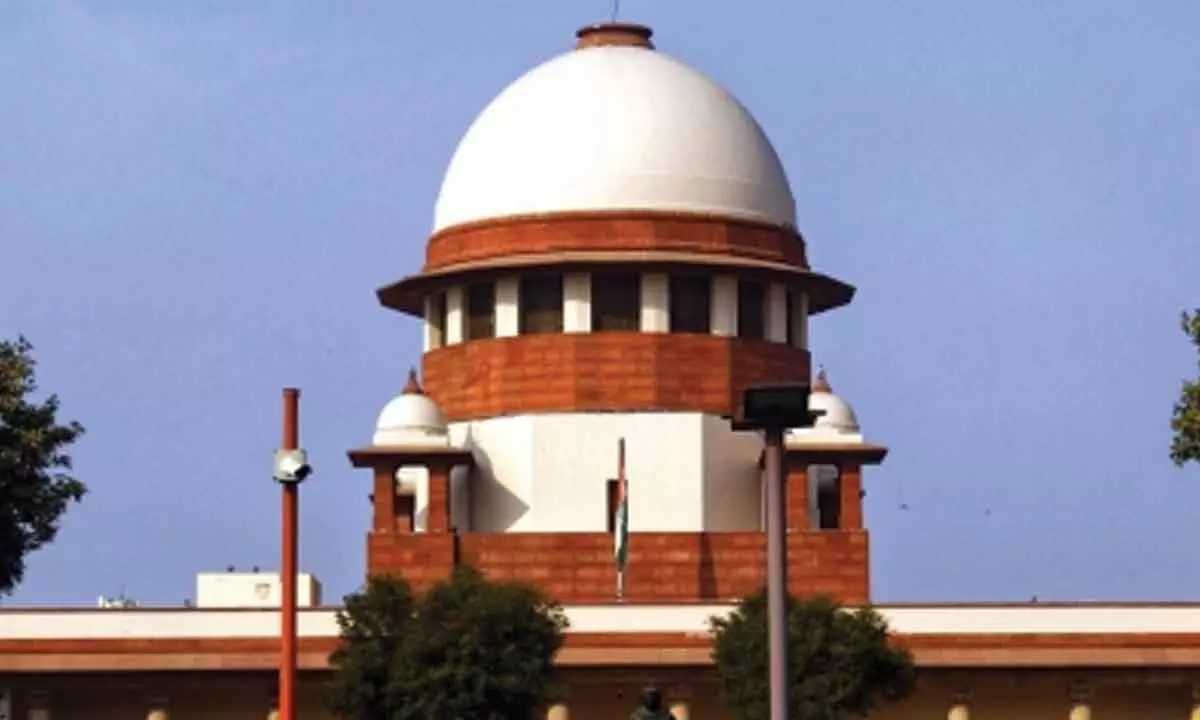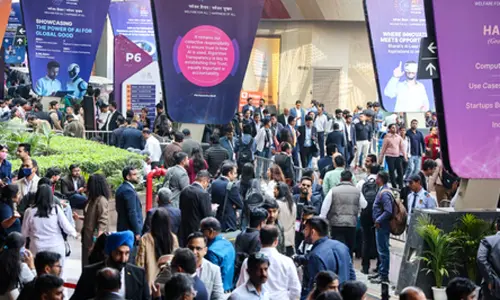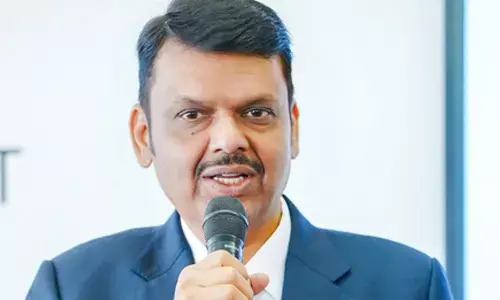Three ex-CMs, most of MLAs were detained during abrogation of Article 370, SC told
Share :

Advocate Warisha Farasat on Wednesday contended before the Constitution Bench of the Supreme Court that political leaders, including three former Chief Ministers, who represented the will of the people of Jammu & Kashmir, were put under detention between August 5 and 6 in 2019, when Article 370 was abrogated by the Centre.
Advocate Warisha Farasat on Wednesday contended before the Constitution Bench of the Supreme Court that political leaders, including three former Chief Ministers, who represented the will of the people of Jammu & Kashmir, were put under detention between August 5 and 6 in 2019, when Article 370 was abrogated by the Centre.
"... three former Chief Ministers were in detention and these are all facts. Three former CMs and most of the (members of) legislative assembly - the will of the people - was in some form of detention, either under the Public Safety Act or under 107 or 151 (of the criminal procedure). It is laughable," she said while arguing before the Constitution Bench hearing pleas challenging the abrogation of Article 370.
Farasat argued that the entire polity and all of the politicians, who extended support against the abrogation, were also put under detention. She said that the Centre’s move to nullify Article 370 is hit by malice in law.
Farasat said that India is a “holding together” type of federalism, however, J&K represented a “coming together” federation as previously sovereign polities pooled their sovereignties to come together, while referring to the Tenth Amendment to the US Constitution which defines their federalism.
She emphasized that under the Indian Constitution, various forms of federalism units exist like Union Territory, Union Territory with legislative powers like Delhi and a state like Jammu & Kashmir with its own Constitution. “It is unique, but a normal part of federalism,” she added.
She said that framers of the Constitution were aware of the fact that the “constituent assembly” of J&K would finish its functions and may be no longer, adding that to apply changes procedure was contained under clause (1) of the Article 370.
Farasat argued that the state legislature’s concurrence was needed for application of the Indian Constitution saying that the process represented the will of the people of J&K. “But for abrogation, they left it only to the constituent assembly (of the state) and there is no other way to reconcile it,” she contended.
Farasat said that Article 370 needs strict interpretation as one authority was substituted with another, referring to substitution of ‘constituent assembly’ with ‘legislative assembly’.
Earlier in the day, Solicitor General Tushar Mehta submitted before the bench that the Union government has absolutely no intention to interfere with the special provisions of the Constitution applicable to north-east states or any other part of the country.
On Thursday, arguments will be advanced on behalf of the Centre by Attorney General R. Venkataramani and Solicitor General Tushar Mehta.







